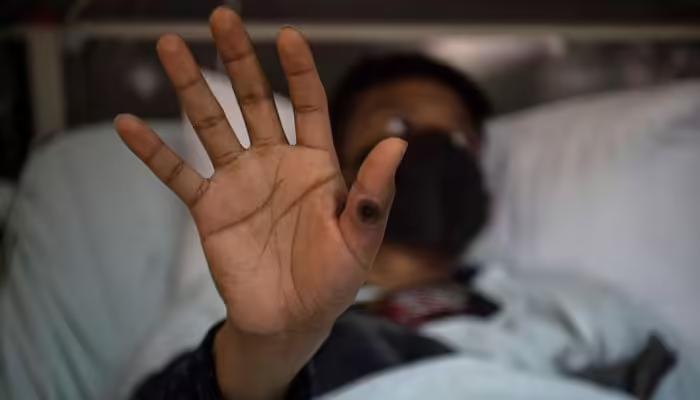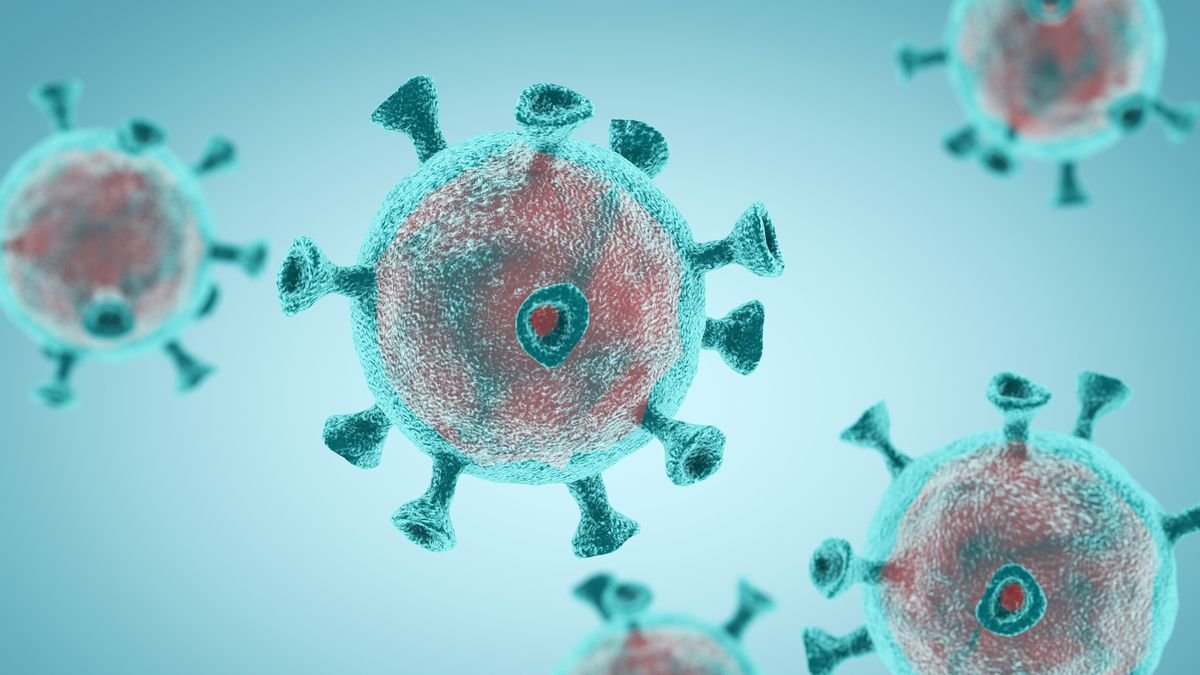Health authorities in Khyber Pakhtunkhwa, Pakistan, have confirmed the diagnosis of at least three patients with the monkeypox virus, marking the country’s first cases of the disease in 2024. The individuals, whose cases were reported on Friday, were identified as having contracted the virus following their return from an Arab country. This development comes amid heightened vigilance and preventive measures implemented across the nation.
The monkeypox cases, previously known in Pakistan, were detected after the patients arrived from abroad. While specific details about the variant of the virus remain unclear, this situation has prompted a significant response from health authorities. The confirmation of these cases follows the tightening of surveillance at airports nationwide after Pakistan recorded its initial case of monkeypox in Peshawar, according to The News.
In response to the recent cases, the Border Health Services (BHS) and provincial authorities have been placed on high alert. Immediate instructions have been issued to establish isolation wards in designated hospitals, stock antiviral medications, and ensure the availability of personal protective equipment (PPE) for healthcare workers. These measures are crucial in preventing the further spread of the virus and protecting both healthcare staff and the public.
Additional samples have been collected from individuals who were in close contact with the confirmed patients. The Health Ministry has also mandated intensified monitoring at all entry points into the country to detect and prevent any further cases. The goal is to minimize the risk of the virus spreading beyond the initial cases.
The recent cases in Pakistan follow the confirmation of the country’s first monkeypox case this year. A resident of Dir, who currently resides in Mardan, tested positive after returning from a Middle Eastern country on August 3. This case was identified just a day after the World Health Organization (WHO) declared monkeypox a global health emergency of public concern, highlighting the seriousness of the situation.
This new case marks the 11th instance of monkeypox in Pakistan over the past two years and the first reported case in 2024. Last year, the country saw 10 confirmed cases of monkeypox, all linked to travelers from the Middle East and other regions. One of these cases, a patient co-infected with HIV, tragically passed away at the Pakistan Institute of Medical Sciences (PIMS) in Islamabad.
The recurrence of monkeypox cases among travelers underscores the critical need for rigorous border screening and monitoring. The spread of the virus to previously unaffected regions, including Burundi, Kenya, Rwanda, and Uganda, since mid-July 2024, further emphasizes the growing global reach of the virus.
During a special session of the National Command and Operation Center (NCOC), officials noted that approximately 15 African countries are currently reporting monkeypox cases, with over 2,030 confirmed infections. The virus’s expansion into new areas highlights the ongoing challenges in controlling its spread and the importance of international collaboration and vigilance.
In light of these developments, Pakistan’s health authorities are working diligently to manage the situation and prevent further outbreaks. The establishment of isolation wards, the stocking of antiviral medications, and the distribution of PPE are essential components of the country’s response strategy. Additionally, contact tracing and enhanced monitoring at entry points are critical to ensuring that the virus does not spread beyond the initial cases.
The situation remains fluid, and health authorities continue to monitor the situation closely. Public awareness and adherence to health guidelines will play a crucial role in controlling the spread of monkeypox and protecting the health of the population.
As Pakistan navigates this latest public health challenge, the importance of international cooperation and timely responses cannot be overstated. The global health community’s efforts to track and contain the virus are vital in preventing further transmission and safeguarding public health worldwide.



